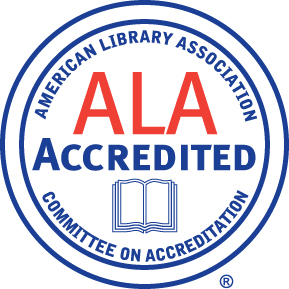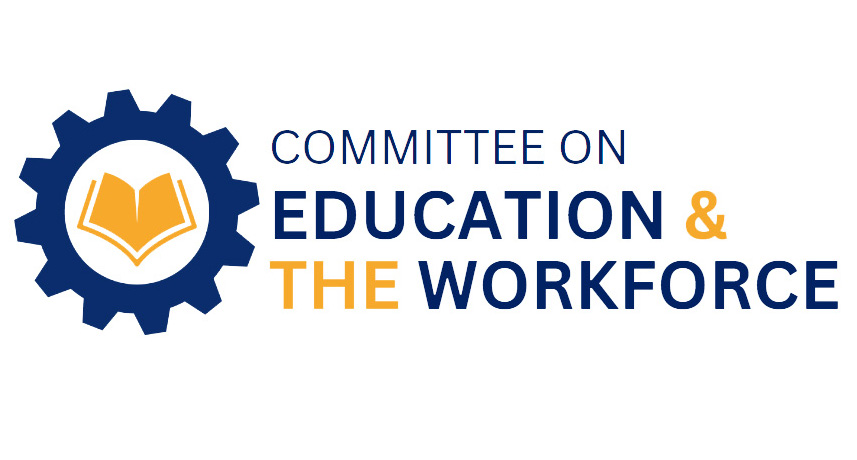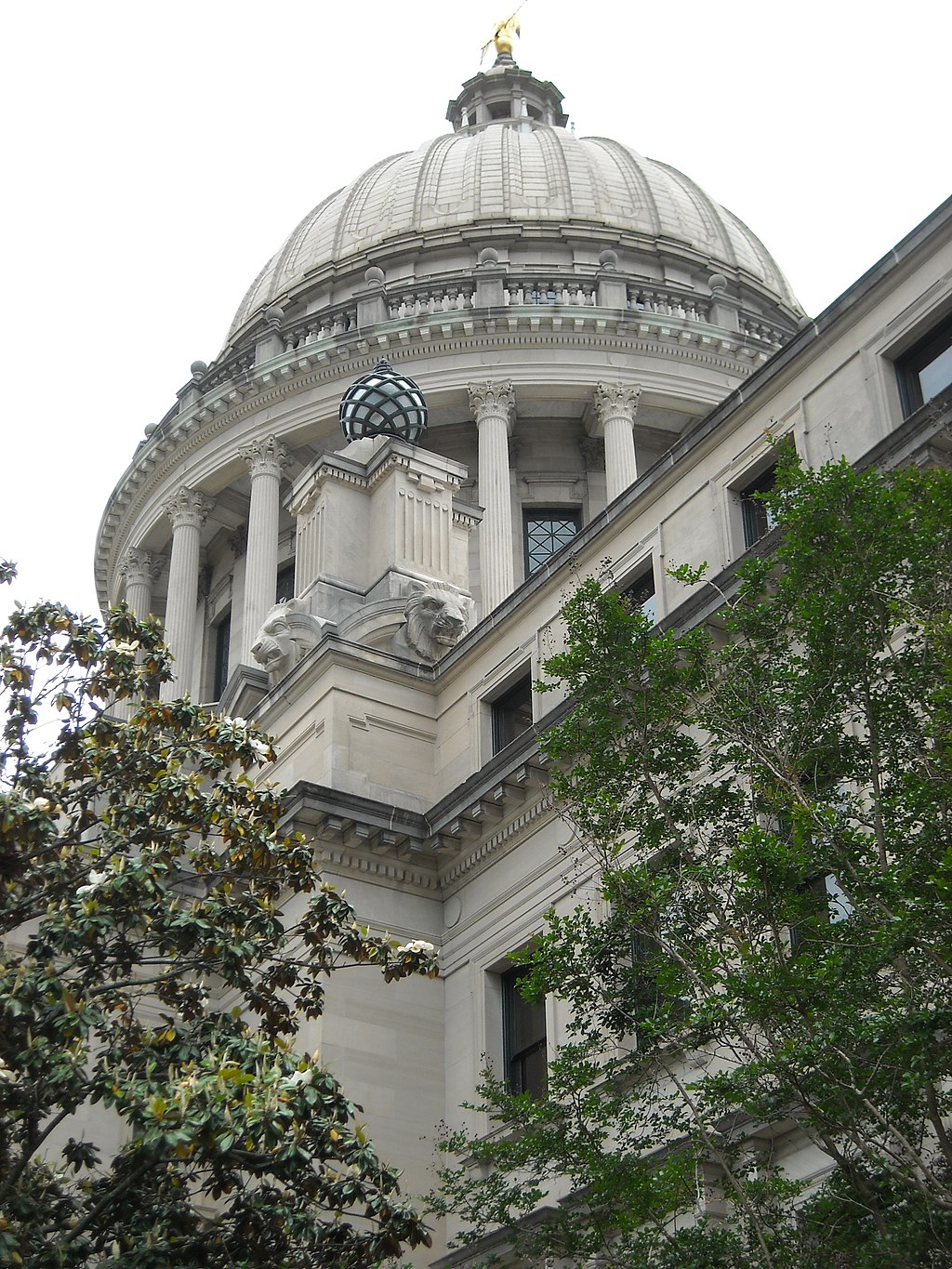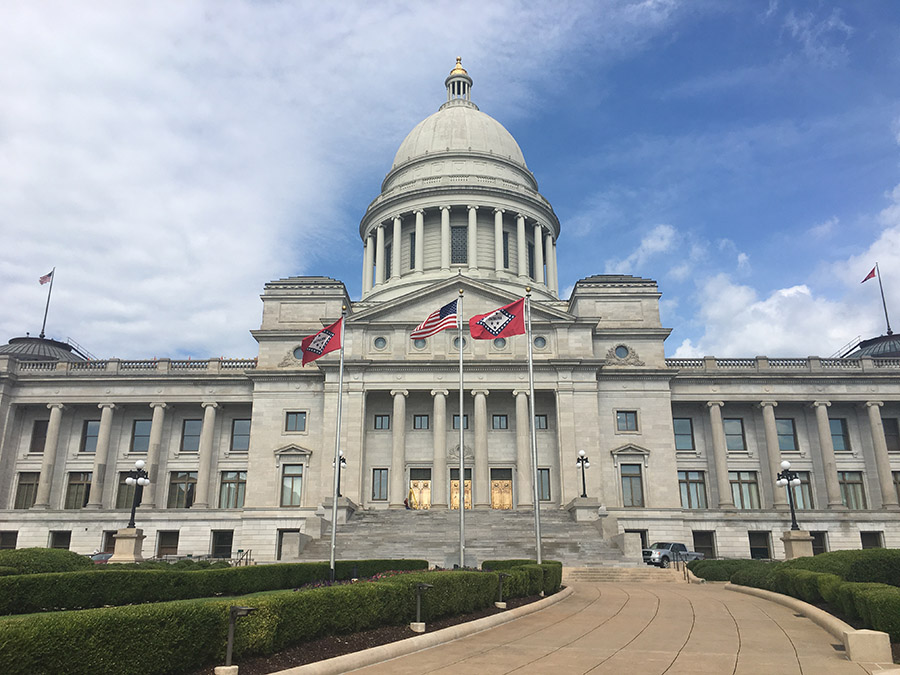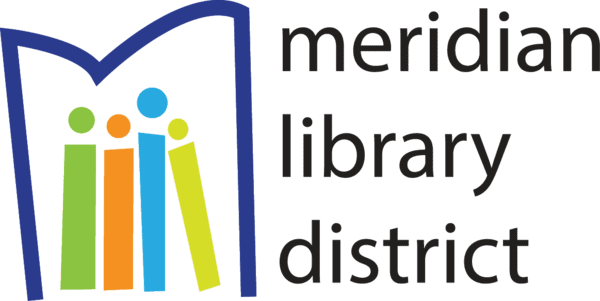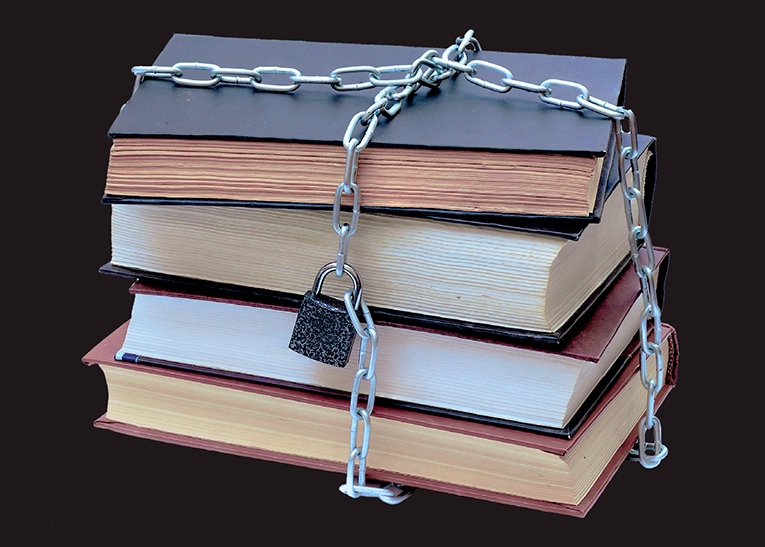By Steve Zalusky
11 Articles
From:
To:
Georgia Weighs Loss of LIS Accreditation in Potential Break with ALA
A Georgia senate bill aimed at detaching the state from the American Library Association (ALA) could send ripples throughout Georgia’s public library system and the state university that trains librarians. Senate Bill 390 would put a firewall between Georgia libraries and ALA. Effective on July 1, 2025 if enacted, it would remove ALA as an accrediting organization within the state and would ban ALA and its affiliates from receiving taxpayer—and even privately donated—funds for the association’s materials, services, or operations.
Subcommittee Hearing Focuses on School Library Content
A hearing held October 19 by the House Early Childhood, Elementary, and Secondary Education Subcommittee on graphic content in school libraries drew testimony from both witnesses concerned about the suppression of material and others troubled by the content they see in school libraries.
Book Banning Debate Moves to U.S. Senate
The ongoing debate over the freedom to read moved to the chambers of the U.S. Senate Judiciary Committee, which held a hearing September 12 entitled “Book Bans: How Censorship Limits Liberty and Literature.”
New Mississippi Law Blocks Online Access for Minors in Public Schools and Libraries
House Bill 1315, signed by the governor, regulates “pornographic media exposure” to K–12-aged children and “digital and online resources” provided by vendors to those children. The bill requires a vendor or provider of digital or online resources or databases to have safety policies and technology protection measures that prohibit and prevent a person from sending, receiving, viewing, or downloading content that officials consider “obscene.”
Central Arkansas Library System Sues State Over Law that Could Jail Librarians
UPDATE: On Saturday, July 29, U.S. District Judge Timothy L. Brooks temporarily blocked two sections of Act 372, citing concerns that they were too vague and could potentially violate the First and 14th amendments. The preliminary injunction prevented the two contested sections from taking effect on August 1, as scheduled; the court will continue to investigate their constitutionality. Brooks’s 49-page order opened with a quote from Ray Bradbury’s novel Fahrenheit 451: “There is more than one way to burn a book. And the world is full of people running about with lit matches.”
Call for Vote To Dissolve Meridian Library District Is Denied
After two days of hearings in Ada County, ID, on March 29 the Ada County Board of Commissioners decided against putting a question before local voters that could have potentially dissolved the Meridian Library District. The hearings, held on March 20 and March 22, were convened in response to petitions from a politically conservative local group, the Concerned Citizens of Meridian.
Beyond Book Bans | Censorship
Censorship efforts in the 2020s have moved beyond concerned parents to include restrictive legislation, library board power plays, and defunding.
Llano County Patrons’ Anti-Censorship Lawsuit Seeks to Put Books Back on the Shelf—UPDATE
UPDATE: On March 31, a Federal District Court Judge in Texas handed down an injunction stopping the ongoing removal of books from the Llano County library system. The decision will immediately reinstate books that government officials have already removed from the system. The court found that library officials violated the First Amendment because they had targeted nationally acclaimed books based on their viewpoint and content. The Court’s order states: “The Court finds it substantially likely that the removals do not further any substantial government interest—much less any compelling one.”
Missouri Budget Defunding Could Cause Rural Libraries To Shorten Hours, Shutter
Libraries in Missouri, particularly rural libraries, felt a major blow this week when the state House granted initial approval to slash the roughly $4.5 million in state aid to public libraries from its budget.
ALREADY A SUBSCRIBER? LOG IN
We are currently offering this content for free. Sign up now to activate your personal profile, where you can save articles for future viewing

